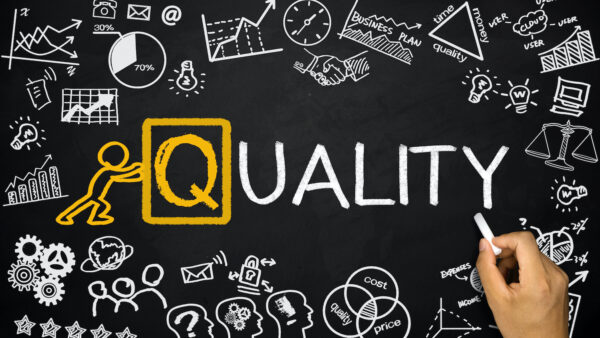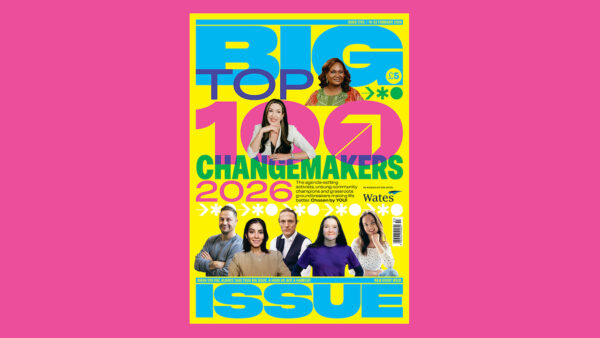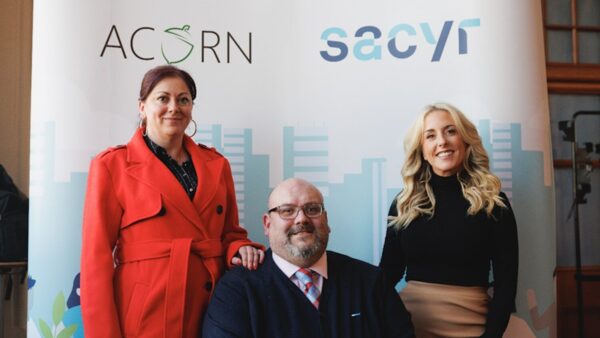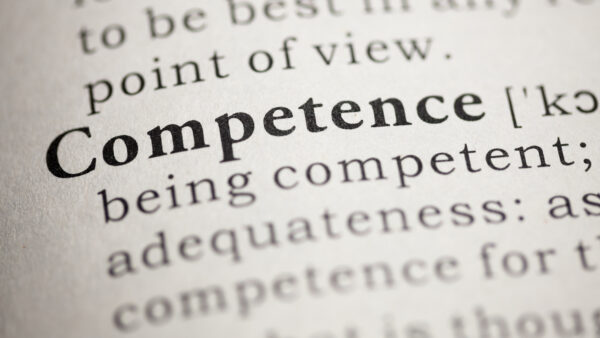Employers must do more to reassure applicants with disabilities during the recruitment process, writes Siân Neal, resourcing specialist at National Trust
According to the government, 33% of the working-age population have a long-term health condition. But only 6% of job applicants declare a disability. So, what’s happening?
At the National Trust we’ve taken significant steps in recent years to develop more inclusive practices for recruitment. Our strategic priority is to welcome everyone, and we want our supporters and visitors to feel represented in our staff and volunteers.
As a disabled person myself, I know a very real fear exists for disabled people when they apply for a job.
If you declare a disability, does that mean the hiring manager will automatically assume you aren’t fit to do the job? Or make a judgement about your health condition based on their own bias or limited knowledge?
I have occasionally withheld my disability status during the application process because I’m concerned that my disability might count against me.
Lots of my disabled colleagues in our WorkAbility Network have had the same experience. Hearing that left me determined to find a way for applicants to feel that they can trust us with their disability declaration.
New ways of working
We’ve introduced new ways of working. We’ve developed training for our hiring managers, focusing on inclusivity and equity in the recruitment process.
We’ve created a web page on our careers website about our employee networks, and the support available to employees from underrepresented groups.
There’s also a dedicated email address for our applicants to contact us if they need a reasonable adjustment. And yet the number of applicants with a disability remains too low. We’re trying to understand why.
What is Disability Confident?
The Disability Confident scheme aims to help employers recruit and retain people with disabilities by:rnu003culu003ern tu003cliu003eChallenging attitudes and increasing understanding of disabilityu003c/liu003ern tu003cliu003eDrawing from the widest possible pool of talentu003c/liu003ern tu003cliu003eSecuring high-quality staff who are skilled, loyal and hard workingu003c/liu003ern tu003cliu003eImproving employee morale and commitment by demonstrating fair treatmentu003c/liu003ernu003c/ulu003ernTo be recognised as Disability Confident Committed, employers must agree to the Disability Confident commitments.rnrnThey must identify at least one action that they will carry out to make a difference for disabled people. The commitments are:rnu003culu003ern tu003cliu003eInclusive and accessible recruitmentu003c/liu003ern tu003cliu003eCommunicating vacanciesu003c/liu003ern tu003cliu003eOffering an interview to disabled peopleu003c/liu003ern tu003cliu003eProviding reasonable adjustmentsu003c/liu003ern tu003cliu003eSupporting existing employeesu003c/liu003ernu003c/ulu003e
In April this year, we started a trial of the government’s Disability Confident scheme in one of our regions across the organisation. We’ve worked with more than 400 hiring managers to upskill them on the scheme.
Personal experience
I’ve used this analogy during training to help explain why the Disability Confident scheme is so important: I’m a coeliac and so is my young daughter. We rely on restaurants proactively communicating that they can support and look after coeliacs with gluten-free (GF) meals on their menus.
I won’t go into a restaurant that doesn’t clearly tell me that I can trust them. It doesn’t matter who the restaurant is owned or run by – it could be a Michelin-starred restaurant – but if they don’t have GF mentioned on their menu, I’m not eating there.
We want the Disability Confident scheme to provide the same reassurance for job applicants – to actively communicate that we can be trusted with disabled applications.
Scheme success
Since the trial started, we have had applications from at least one disabled person per day. That may not sound like many, but it is a positive increase in the number of openly disabled applicants we have applying to our vacancies.
We’ll be trialling the scheme for three months. There will be lessons learnt, but we really hope that as the trial progresses we’ll hear from ever more disabled applicants.
We want to support people and provide a positive experience regardless of the application outcome, but also to inspire confidence in the disabled community – for both staff and applicants.
After all, Octavia Hill, one of our founding members of the National Trust, wanted everyone to have an equal chance and opportunities, and that’s what the resourcing team are passionate about.
Siân Neal is a resourcing specialist at National Trust.








